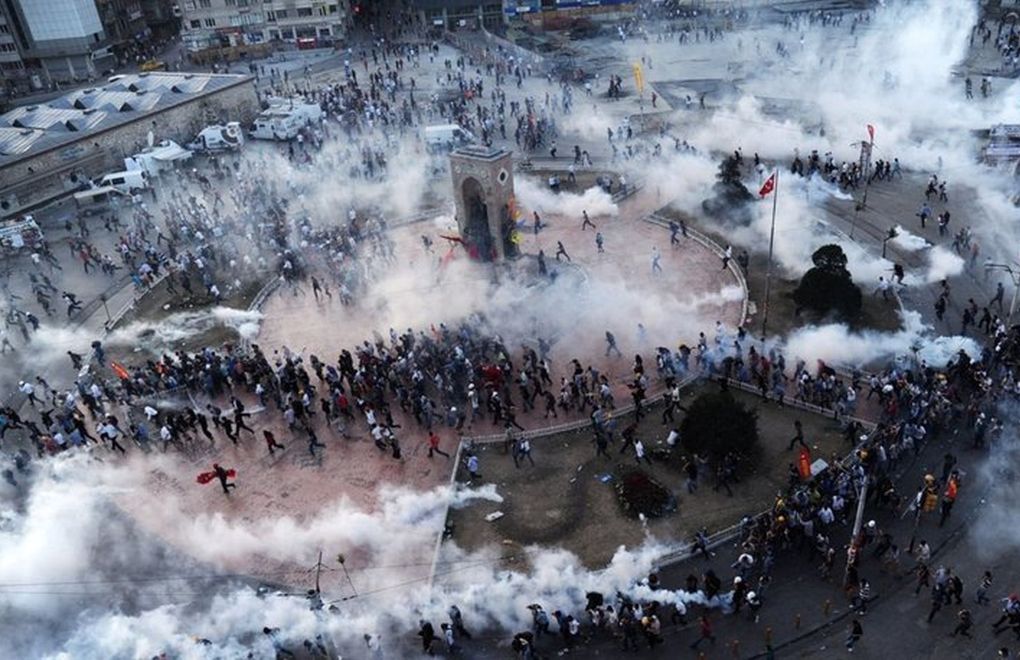Click to read the article in Turkish / Kurdish
The Constitutional Court has unanimously ruled that authorities' failure to grant permission for an investigation against police officers in the case concerning Erdal Sarıkaya, who was injured in the eye during the 2013 Gezi Park protests, violated the prohibition of maltreatment.
The justified decision announced today (April 29) says that the prohibition of maltreatment, which is guaranteed under article 17/3 of the Constitution, was violated on material and procedural grounds.
The top court ruled that a copy of the decision should be sent to the İstanbul Chief Public Prosecutor's Office for the elimination of the consequences of the violation and a reinvestigation.
Sarıkaya, who worked as a security guard at a clothing company in İstanbul, was injured in the eye during the police intervention against the protesters on June 11, 2013. He said he had gone to Taksim to pick up his sibling.
He received a medical report and filed a criminal complaint with the prosecutor's office on the same day. After permission was not granted for an investigation into the police officers, he made an individual application to the Constitutional Court, alleging that the prohibition of maltreatment was violated as an effective criminal investigation was not carried out although he was injured by a tear gas canister.
The court handed down its ruling on March 17 and the justified decision was published in the Official Gazette today.
"There was no reason for violence"
In the justified ruling, the top court noted that there was no evidence that Sarıkaya resorted to violence and no investigation was opened against him.
"Therefore, it has not been proved by the law enforcement units that using force against the applicant had become inevitable.
"When the circumstances of the incident are evaluated as a whole and especially when the impact the incident had on the applicant is taken into account, it is possible to consider the act of injury as maltreatment."
"No effective investigation"
The Constitutional Court concluded that the prohibition of maltreatment was violated on material grounds because of the use of force even if it was not necessary and on procedural grounds because an effective investigation was not carried out.
The violation on material grounds was caused by the acts of law enforcement officers and the violation on procedural grounds was caused by the decisions of the chief public prosecutor's office, the court ruled.
"What needs to be done in this context is to give a decision for a reinvestigation and carry out an investigation that is in accordance with the principles stated in the decision of violation and that eliminates the reasons that made the Constitutional Court conclude that there was a violation." (AS/VK)














